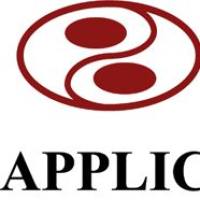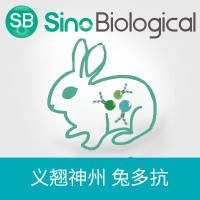Cyclooxygenase Inhibitors Induce Colon Cancer Cell Apoptosis Via PPAR 14-3-3 Pathway
互联网
互联网
相关产品推荐

Hemagglutinin/HA重组蛋白|Recombinant H1N1 (A/California/04/2009) HA-specific B cell probe (His Tag)
¥2570

Annexin V-AF647 Apoptosis Detection Kit(BA00103)-20T/50T/100T
¥680

Colon26、C26小鼠结肠癌细胞|Colon26细胞|小鼠结肠癌细胞|C26细胞|小鼠结肠癌细胞|Colon26
¥1500

CADMEC Cord Formation Med wo Serum, Growth Factors: Designed to induce tubule formation of CADMEC on Attachment Factor coated tissue culture ware in 50%-60% confluent culture. Does not contain serum and does not support EC growth.
$130

PPAR gamma /NR1C3 兔多克隆抗体
¥1699
相关问答

